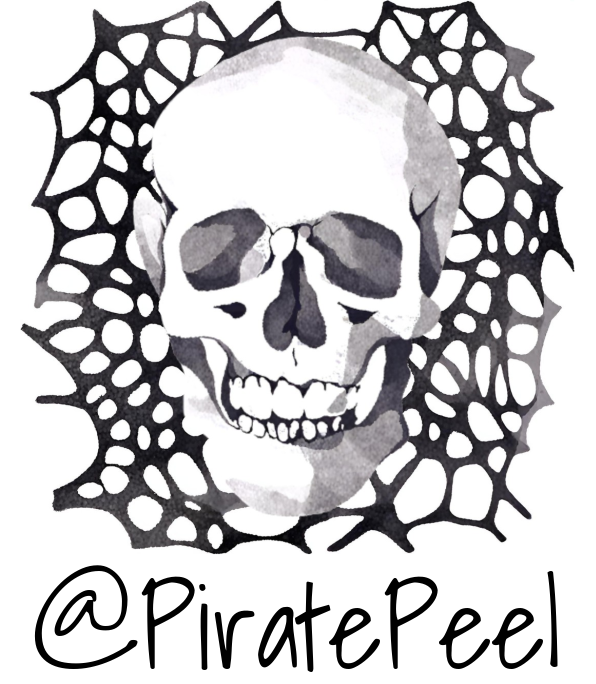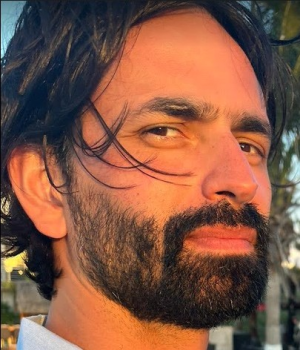Leto Peel

Research homepage
CV
Publications
People
Teaching

I’m an Assistant Professor at the Department of Data Analytics and Digitalisation (School of Business and Economics) of Maastricht University. My main research interests are in machine learning for complex networks, in particular the use of probabilistic generative models and Bayesian inference.
I completed my doctorate at the Computer Science Department of University College London while working as a research scientist at BAE Systems Advanced Technology Centre and then later as a research associate at UCL CEGE Department working on the Crime Policing and Citizenship Project. I have held postdoctoral positions at University of Colorado at Boulder and Université catholique de Louvain and have been a visiting researcher at the Université de Namur. I was supported by the MOVE-IN Louvain (MSCA COFUND) and FNRS Chargé de recherches postdoctoral fellowships and received a NWO VIDI grant in 2022. I am currently leading the organisation of the NetSci 2025 conference.
My Research
I have broad research interests and enjoy working on a variety of interdisciplinary data-driven projects. My main focus is on using hierarchical Bayesian models to investigate different aspects of the structure of complex networks. These networks, in which the nodes and edges represent entities and their pairwise interactions, provide a common representation for a multitude of complex systems.
Network structure and metadata
Systems we represent using networks typically consist of more than just nodes and edges, but instead contain rich objects and interactions that have properties or features of their own. In network terms, these properties are described as metadata attached to the nodes or edges. My research involves examining the relationship between node metadata and network structure to develop new tools for predicting missing values and explaining link formation.
- Peel, Delvenne, Lambiotte, Multiscale mixing patterns in networks PNAS 2018
- Peel, Graph-based semi-supervised learning for relational networks SIAM International Conference on Data Mining (SDM) 2017
- Peel, Larremore, Clauset, The ground truth about metadata and community detection in networks Science Advances 2017
- Peel, Topological Feature Based Classification 14th International Conference on Information Fusion (FUSION) 2011
Large-scale structure in temporal networks
Many of the complex systems that we use networks to represent are dynamic in nature. That is, interactions form and dissipate over time causing the structure of the network to evolve and change. I develop methods to reliably determine if, when and how the mesoscopic structure of a network changes.
- Ghasemian, Zhang, Clauset, Moore, Peel, Detectability thresholds and optimal algorithms for community structure in dynamic networks Physical Review X 2016
- Peel, Clauset, Detecting Change Points in the Large-scale Structure of Evolving Networks 29th AAAI Conference on Artificial Intelligence (AAAI) 2015